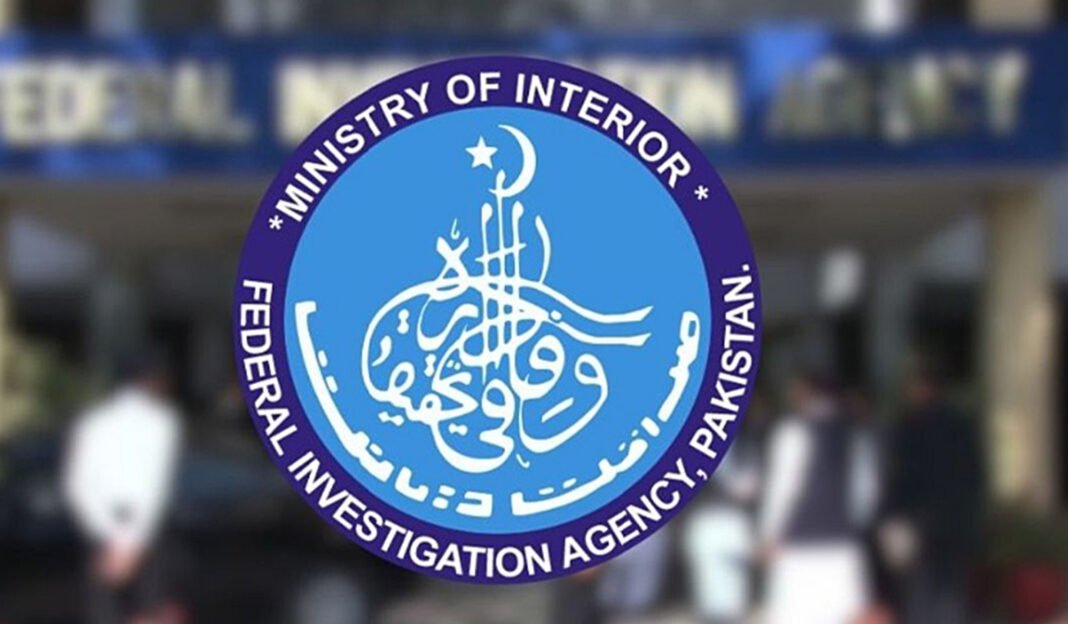Despite receiving massive loans, Karachi continues to face the same crises, acute water shortages, a collapsing sewerage system, urban flooding during rains, and no tangible improvement in infrastructure.
The German consultancy firm GFA has submitted an incomplete report without conducting the comprehensive survey it was hired to deliver. According to project sources, despite heavy allocations by the World Bank, key areas such as tax evasion and water theft in Karachi were left unaddressed. The project had planned to engage engineering university students with smartphones and digital equipment at a daily allowance of US$100 to identify non-taxpaying neighborhoods and mark water theft-prone areas.
GFA was hired on the World Bank’s recommendation and assisted locally by NEC under a formal agreement. The infrastructure reform programme was initially scheduled between August 23, 2023, and August 23, 2025, but the consultants took 15 months due to repeated obstruction by KWSSIP and Sindh government officials.
The Hamburg-based firm was contracted for €320 million, approximately Rs96 billion, with a team of international experts including YEN YENEN (team leader), Dr. Rahat Sankder (New York), Miss Catarina, finance specialist Sudok, and Dutch branding expert GIE. Local NEC representatives included Feroz Shah and Ayub Sheikh. The consultancy’s mandate covered human resource management reforms, improved inter-departmental coordination, stronger customer service, enhanced tax recovery, financial transparency, and anti-corruption safeguards.
However, bureaucratic turf wars between KWSSIP and the Water Corporation, delays in providing records, and deliberate obstruction prevented meaningful progress. The firm could not complete customer surveys in katchi abadis, goths, and suburban areas, a crucial requirement for improving service delivery, digitization, social media engagement, and workforce training to international standards.
Project insiders allege that former project director Shakeel Qureshi, along with private individuals Bilal Zafar, Manzoor Sial, and Muhammad Asif, were central to the disruption. Bilal Zafar allegedly demanded a 50% bribe commission from the German firm. Current project director Usman Moazzam is also accused of withholding payments without kickbacks. GFA has now petitioned the World Bank to withhold project funds from KWSSIP and directly settle its dues.
The World Bank has separately invested US$140 million (Rs39.9 billion) for related projects, including completion of the K-IV water supply scheme and new sewage treatment plants for industrial zones. But insiders warn that the Karachi Water and Sewerage Board, soon to become autonomous, is at risk of financial insolvency.
As a result, Karachi’s 35 million residents have been saddled with a Rs342 billion debt, to be repaid over the next 40 years through additional taxes. Alarmingly, nearly Rs200 billion, almost half the loan, has already been spent without addressing the city’s core problems. Water shortages persist, sewerage lines remain broken, flooding during rains continues, and no institutional reforms have materialized.
Two separate committees have now been formed to review the German firm’s incomplete report: one under the KWSSIP project director and another led by the Water Corporation’s CEO Ahmed Ali Siddiqui. Implementation alone is expected to cost an additional Rs1 billion.


